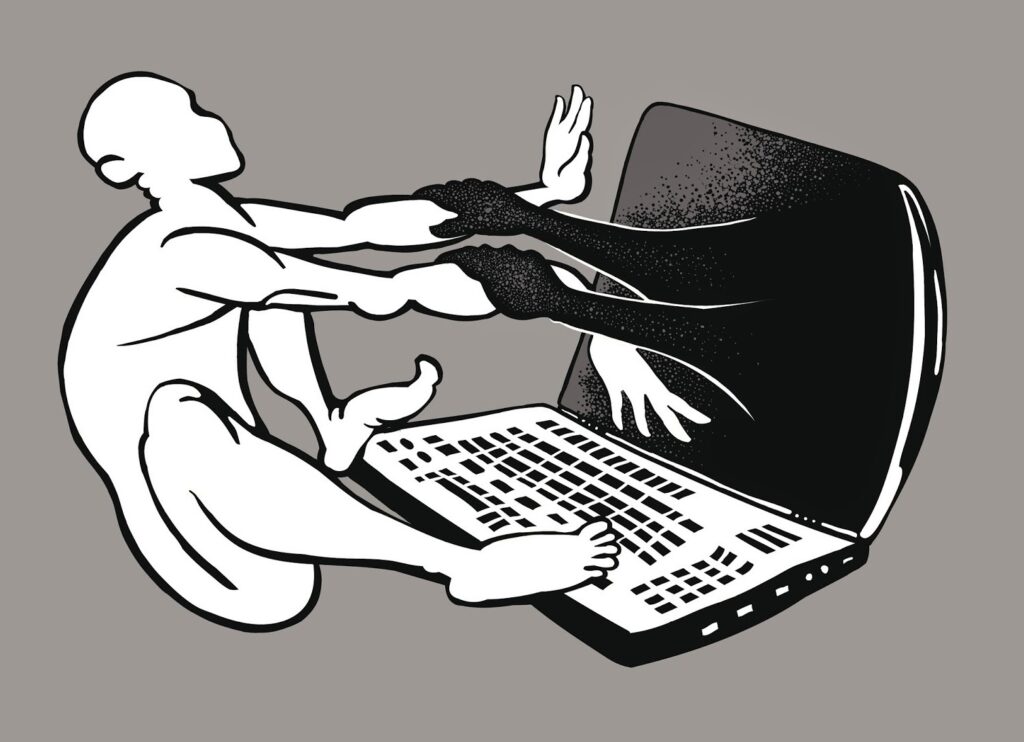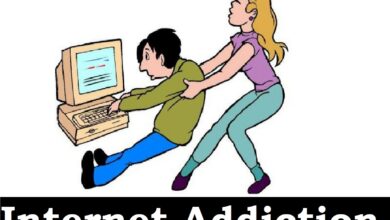The Impact of Tech Addiction on Mental Health
In recent years, the rapid advancement of technology has brought about tremendous changes in our daily lives. From smartphones to social media platforms, we are now more connected than ever before. However, this technological revolution has also given rise to a growing concern – tech addiction and its profound impact on mental health. In this comprehensive article, we will delve into the various aspects of tech addiction and its repercussions on the mental well-being of individuals.

Understanding Tech Addiction
Tech addiction, often referred to as digital addiction, is a term used to describe the excessive and compulsive use of technology devices and digital platforms. It encompasses a wide range of activities, including constant smartphone usage, excessive social media scrolling, online gaming addiction, and binge-watching television series. The allure of these digital experiences can be irresistible, leading individuals to spend countless hours glued to their screens.
The Escalating Problem
Tech addiction is a problem of global proportions, affecting individuals of all ages. According to a survey conducted by the Pew Research Center, nearly 81% of Americans own a smartphone, and this number has been steadily rising over the years. With the increased accessibility of technology, the prevalence of tech addiction has also surged, making it a pressing concern for society.
The Mental Health Toll
While technology has undeniably improved various aspects of our lives, the excessive use of digital devices can take a severe toll on our mental health. Let’s explore the adverse effects that tech addiction can have on one’s mental well-being.
[adinserter block=”2″]
1 | Increased Anxiety and Stress
Constant notifications, the pressure to respond promptly to messages, and the fear of missing out on social events in the virtual world can lead to heightened anxiety levels. Individuals with tech addiction often experience stress and restlessness when they are separated from their devices.
2 | Depression and Isolation
Excessive use of social media can lead to feelings of inadequacy and depression. People tend to compare their lives to the curated and often idealized versions of others’ lives on social platforms, which can erode self-esteem and trigger feelings of isolation.
3 | Sleep Disturbances
The blue light emitted by screens can disrupt the body’s natural sleep-wake cycle. Prolonged screen time, especially before bedtime, can result in insomnia and poor sleep quality, further exacerbating mental health issues.
4 | Reduced Productivity
Tech addiction can interfere with one’s ability to concentrate and be productive. Constant interruptions from notifications and the urge to check one’s device can lead to decreased work efficiency and academic performance.





